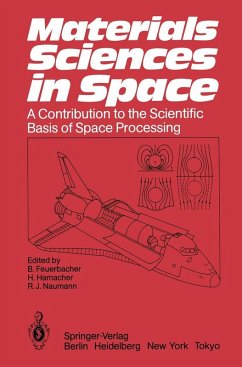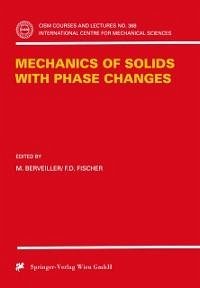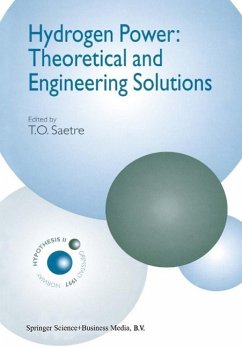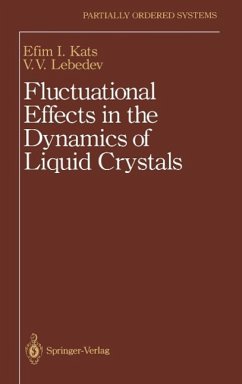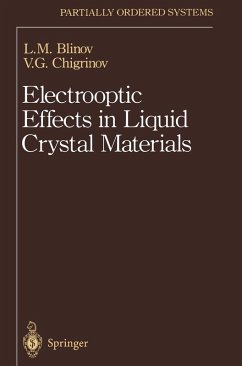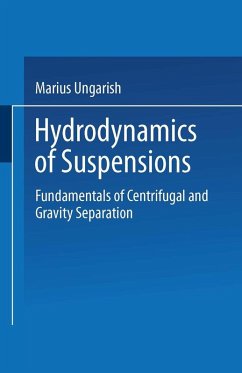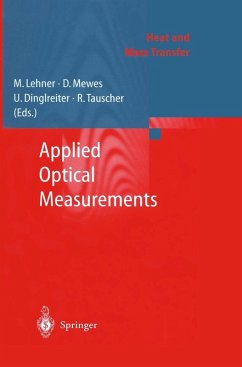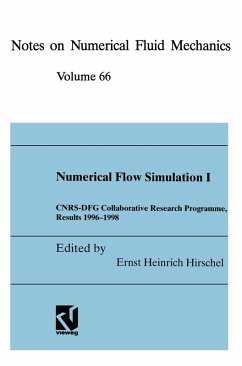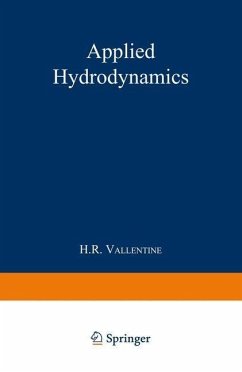
Fluid Sciences and Materials Science in Space (eBook, PDF)
A European Perspective
Redaktion: Walter, H. U.
Versandkostenfrei!
Sofort per Download lieferbar
72,95 €
inkl. MwSt.
Weitere Ausgaben:

PAYBACK Punkte
36 °P sammeln!
The peaceful use of space flight systems for research and technological devel opments in the context of promoting European and international cooperation represents the essential motivation for the programmes of the European Space Agency (ESA). One of ESA's programmes is dedicated to microgravity research, which is now an established discipline in Europe, with a dedicated group of scientists participating. The Challenger disaster has resulted in a serious dis continuity of flight opportunities in the next few years but the forthcoming International Space Station, new launchers and reentry vehic...
The peaceful use of space flight systems for research and technological devel opments in the context of promoting European and international cooperation represents the essential motivation for the programmes of the European Space Agency (ESA). One of ESA's programmes is dedicated to microgravity research, which is now an established discipline in Europe, with a dedicated group of scientists participating. The Challenger disaster has resulted in a serious dis continuity of flight opportunities in the next few years but the forthcoming International Space Station, new launchers and reentry vehicles are expected to provide ample opportunities for microgravity research in the long term. Meanwhile parabolic aircraft flights, sounding rockets as well as the delayed Shuttle-dependent missions, Spacelab D-2, the IML-missions and EURECA I, will be employed to keep microgravity experimenters reasonably busy in the interim period. To prepare the ground for these activities, both regarding research and experiment facilities, an in-depth analysis of the state of the art is an essential requirement at this time. Such an analysis is presented in this volume. It ad dresses all of the topics that have been identified to be of relevance. Besides a presentation of the fundamental aspects justifying microgravity research, the results of experiments already performed are reviewed and recommendations for future activities are made. Close to fifty European scientists have cooper ated in the preparation of this volume and their dedicated and concerted effort is greatly appreciated.
Dieser Download kann aus rechtlichen Gründen nur mit Rechnungsadresse in A, B, BG, CY, CZ, D, DK, EW, E, FIN, F, GR, HR, H, IRL, I, LT, L, LR, M, NL, PL, P, R, S, SLO, SK ausgeliefert werden.



